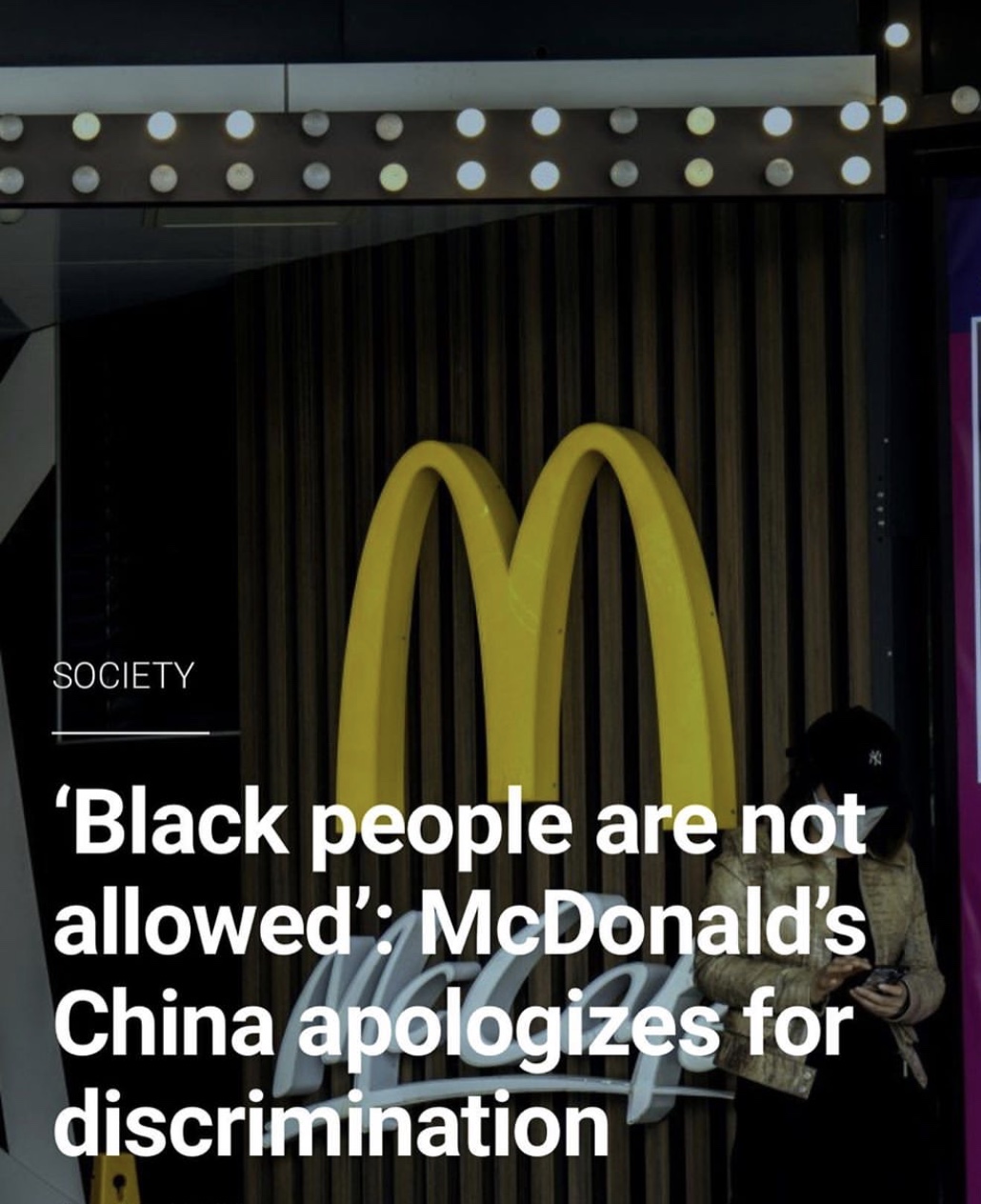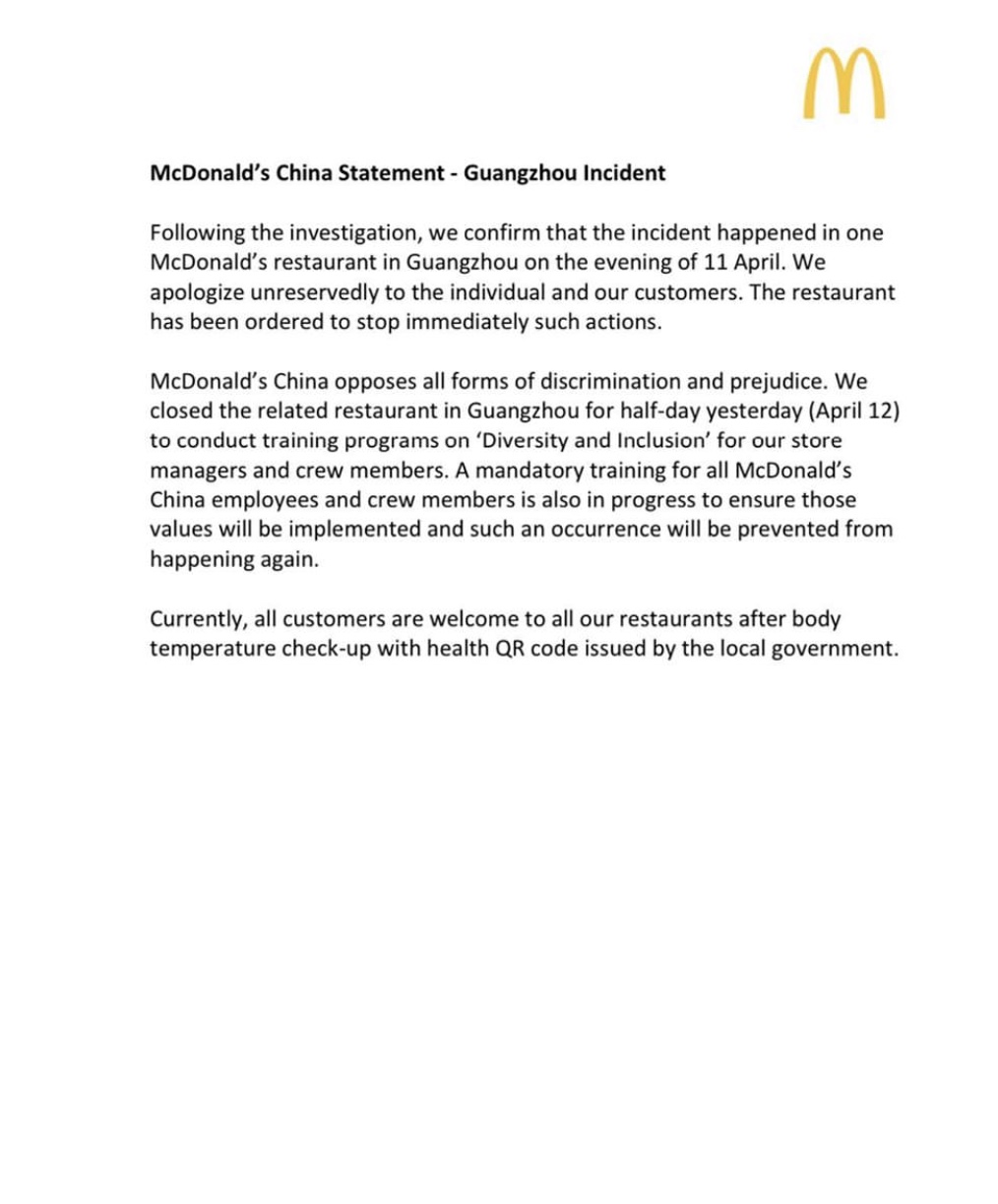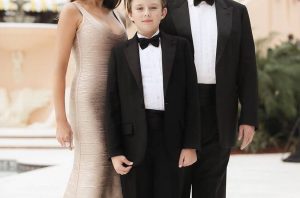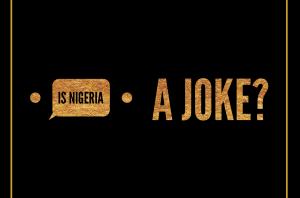McDonald’s in China has apologised after a branch in the industrial city of Guangzhou barred black people from entering.
A video shared on social media showed a notice that read: “We’ve been informed that from now on black people are not allowed to enter the restaurant.”
McDonald’s said that when it found out about the notice it temporarily closed the restaurant.
Tensions have been running high between Africans and local people in the city.
Last week, hundreds of Africans in Guangzhou were evicted from hotels and apartments after online rumours that coronavirus was spreading among African people, community leaders told the BBC.
Guangzhou is a hub for African traders buying and selling goods and is home to one of China’s largest African communities.
The Guangdong provincial government has responded to concerns about discrimination by calling China and Africa good friends, partners and brothers.
It said it attached “great importance to some African countries’ concerns and is working promptly to improve” its way of operating.
McDonald’s also responded, saying the ban on black people was “not representative of our inclusive values”.
“Immediately upon learning of an unauthorised communication to our guests at a restaurant in Guangzhou, we immediately removed the communication and temporarily closed the restaurant.”
The restaurant added that it had conducted “diversity and inclusion” training in the branch.
Many Africans feel less welcome
Africans in Guangzhou say that they have been facing more than a week of discrimination.
Health workers have reportedly gone door-to-door testing Africans for coronavirus, many say regardless of whether they show any symptoms, have travelled, or have been in contact with Covid-19 patients.
Community leaders say that hundreds were forced out of their homes and hotel rooms and into quarantine. Video has emerged online of African people sleeping on the streets, in hotel lobbies, under bridges and outside police stations.
The video filmed inside McDonald’s sparked anger both inside and outside China.
The African community in Guangzhou has been dwindling in recent years. There were once thought to be hundreds of thousands from the continent conducting business in the city, but today the number has fallen to just thousands.
Many feel that their communities have been the target of discriminatory measures. Restrictions to visas have made many I have spoken to feel less welcome. Some feel that the coronavirus is being used as an excuse to target businessmen who overstay their visas.
But it gets worse it’s not just China!
In a series of letters from African writers, Kenyan journalist Waihiga Mwaura reflects on how the coronavirus has fuelled anti-Chinese prejudice in his country.
Despite the concerns around the spread of the coronavirus, the greatest enemy is not the virus itself, but “fears, rumours and stigma”.
Not my words, but those of the Ethiopian who is leading the global effort to lessen the impact of Covid-19.
The World Health Organization chief, Tedros Adhanom Ghebreyesus, was responding at the end of last month to cases of anti-Chinese prejudice. He repeated the message on Twitter earlier this week while sharing a story about a Singaporean man who was beaten up in the UK capital, London, over the coronavirus.
The virus of prejudice is spreading. Kenya is no exception.
‘You are coronavirus’
A shakily filmed video has been circulating on social media here showing an Asian man and woman being bullied by a large crowd in a low-income area of the capital, Nairobi.
The video begins with unidentified individuals in the crowd shouting: “You are coronavirus, you are coronavirus.”
The man responds by trying to film the crowd but quickly realises that his female companion could be attacked so rushes to her aid.
He stands up to the most aggressive member of the crowd and starts shouting back: “We don’t have corona, we don’t have corona.”
The video stops before we see how the incident ended but it was a true depiction of the side-effects of the coronavirus.
On 27 February, a message went viral on Facebook, allegedly posted by a Kenyan member of parliament, calling for his constituency residents to avoid interaction with Chinese nationals who had just returned from China after celebrating their new year.
The post warned that if the government did not do enough to protect its citizens, and forcefully quarantine any of these Chinese nationals, then the residents had his permission to chase away and stone any Chinese people within their vicinity.
China’s embassy responded quickly with a Twitter post calling for a “rational and scientific approach towards Chinese communities” and described the remarks that had been made as racist.
Kenya is not alone in this prejudice, but what is interesting is that all the initial cases of the virus in sub-Saharan Africa have been linked to European travel rather than China. Yet there is no equivalent anti-European feeling.
Before Kenya has even recorded a case, the fear, mixed with stigma, is palpable.
The prejudice has been fuelled by China and Kenya’s entwined economic relationship.
Kenya has borrowed a large amount of money from China for big infrastructure projects. While the ordinary Kenyan is not feeling the benefit, they are looking for someone to blame for their economic woes.
Tired of pointing the finger at the government, some here have re-directed their frustrations towards the growing number of Chinese nationals who have come to seek economic opportunities.
Coronavirus fears, therefore, have found fertile ground and led to some extraordinary behaviour.
We would love to hear your thoughts on this. Sound off in the comment section below.






